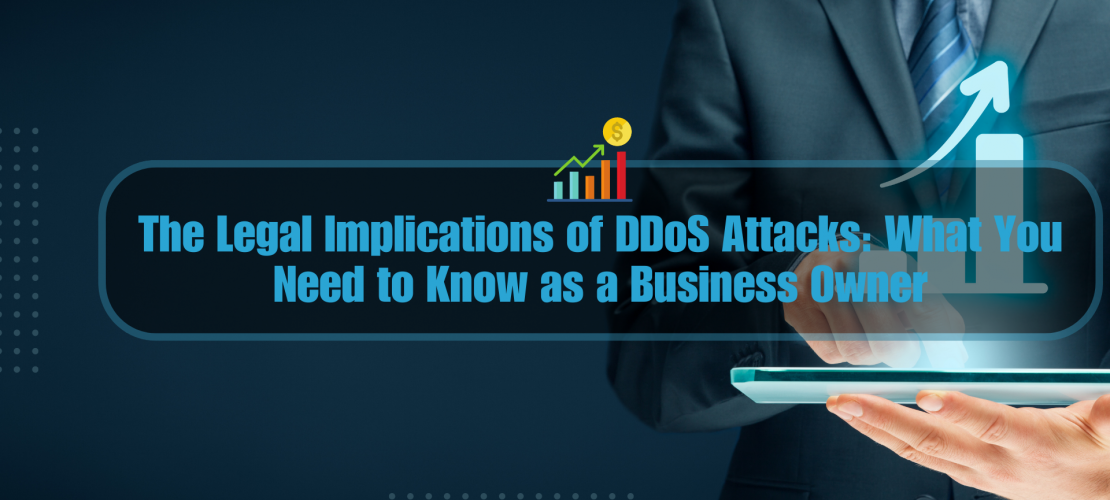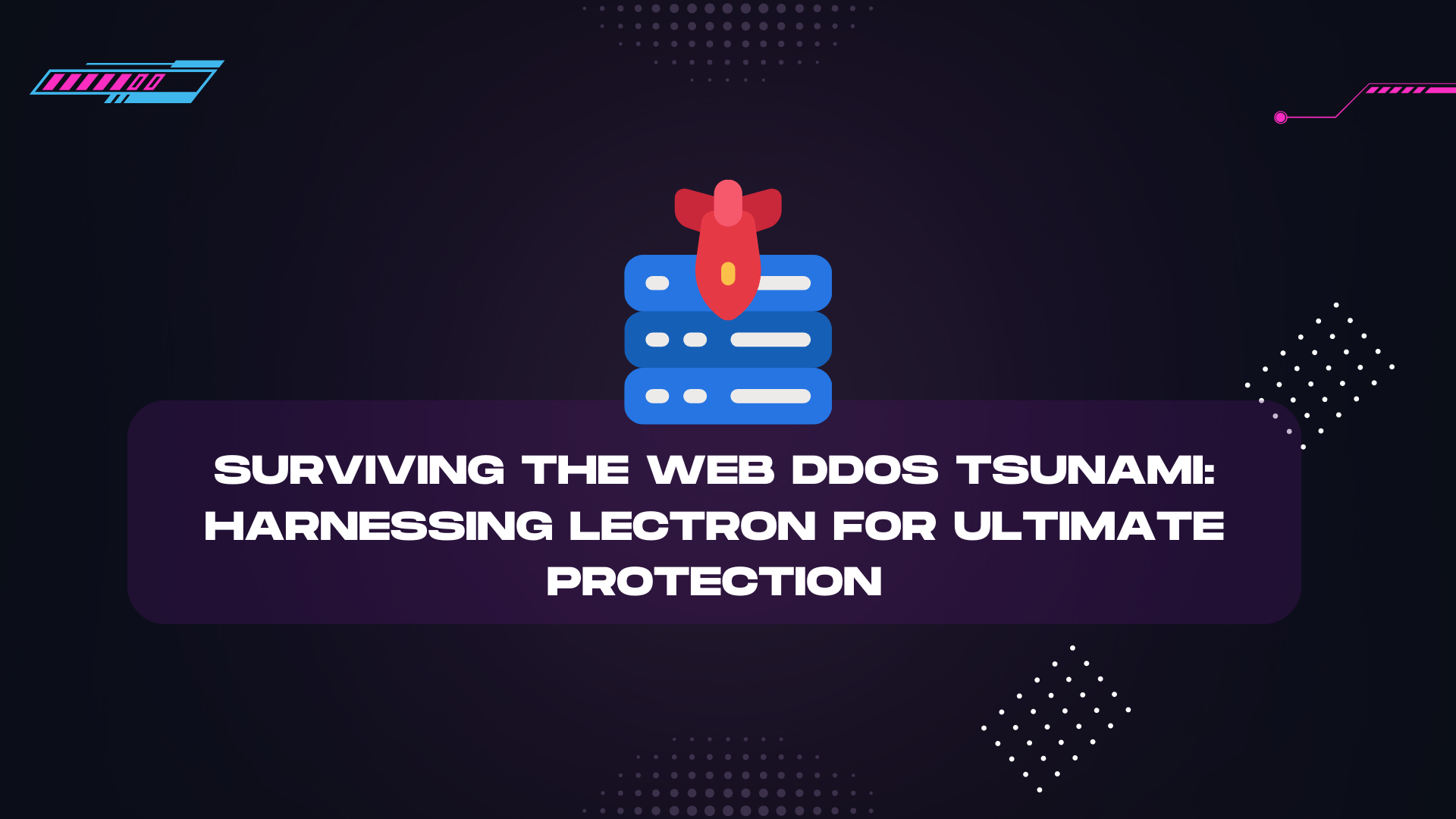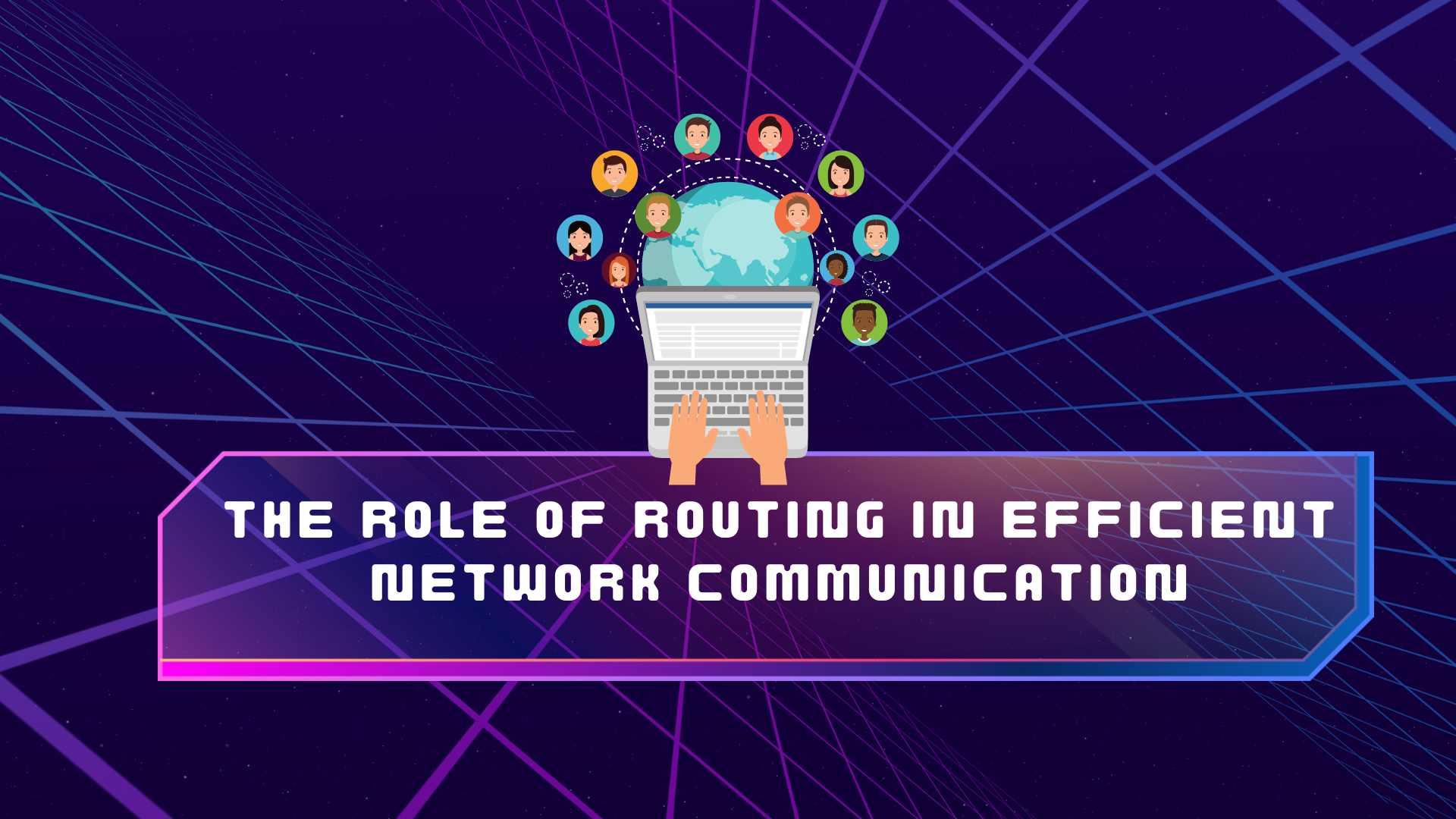DDoS attacks have become increasingly prevalent in recent years, causing significant damage to businesses of all sizes. Not only do DDoS attacks disrupt the normal functioning of a website or service, but they can also have legal implications. As a business owner, it is essential to understand these implications and take steps to protect your business from legal repercussions. In this article, we will explore the legal implications of DDoS attacks and what you need to know as a business owner.
What is a DDoS Attack?
Before we delve into the legal implications of DDoS attacks, let’s first understand what they are. A DDoS attack is a malicious attempt to disrupt normal traffic of a targeted server, service, or network by overwhelming it with a flood of internet traffic. This is achieved by using a network of compromised devices, often referred to as a botnet, to send a massive volume of requests to the targeted server or service. The result is that the targeted system is unable to respond to legitimate requests, leading to a disruption of services and significant damage to the targeted business.
Legal Implications of DDoS Attacks
1) Breach of Contract
If a business has a service level agreement (SLA) with its customers that guarantees a certain level of uptime, a DDoS attack that disrupts the service can result in a breach of contract. The business may be held liable for any damages caused by the breach, such as lost revenue or other expenses incurred by the customer. The severity of the breach will depend on the terms of the SLA and the duration of the disruption.
2) Intellectual Property Infringement
DDoS attacks can also result in intellectual property (IP) infringement. For example, a DDoS attack on a website may result in unauthorized access to copyrighted material or trade secrets. If this occurs, the targeted business may be held liable for any damages caused by the infringement.
3) Violation of Privacy Laws
If a DDoS attack results in a breach of sensitive customer data, the targeted business may be held liable for violation of privacy laws. Depending on the jurisdiction, this could result in significant fines and legal fees.
4) Criminal Charges
In some cases, DDoS attacks may be considered a criminal offense. If a business is found to have been involved in the attack or has hired a third party to carry out the attack, it could result in criminal charges. This could also result in significant fines and possible imprisonment.
5) Damage to Reputation
A DDoS attack can result in significant damage to a business’s reputation. Customers may lose trust in the business’s ability to provide reliable services, resulting in lost revenue and damage to the brand’s image.
Best Practices for Protecting Your Business
1) Implement DDoS Protection Services
One of the most effective ways to protect your business from DDoS attacks is to implement DDoS protection services. These services use advanced algorithms to detect and mitigate DDoS attacks in real-time, ensuring that your website or service remains online and accessible.
2) Develop an Incident Response Plan
Developing an incident response plan can help your business prepare for a DDoS attack. This plan should outline the steps to take in the event of an attack, including who to contact, how to communicate with customers, and how to mitigate the attack.
3) Keep Software and Security Systems Up-to-Date
Keeping your software and security systems up-to-date is essential for protecting your business from DDoS attacks. This includes regularly updating firewalls, antivirus software, and intrusion detection systems to ensure that they are effective against the latest threats.
4) Work with Legal CounselAs a business owner,
it is crucial to work with legal counsel to understand the legal implications of DDoS attacks. An experienced attorney can advise you on the legal steps to take if your business is the victim of a DDoS attack, including reporting the attack to law enforcement and potentially filing a civil lawsuit against the perpetrator.
Legal counsel can also advise you on compliance with relevant laws and regulations, such as the Computer Fraud and Abuse Act (CFAA) and the Electronic Communications Privacy Act (ECPA), which regulate unauthorized access to computer systems and interception of electronic communications, respectively.
Conclusion
DDoS attacks are a serious threat to businesses of all sizes and industries. They can cause significant damage to a company’s reputation, finances, and operations. As a business owner, it is important to understand the legal implications of DDoS attacks and take proactive steps to prevent them from occurring.




